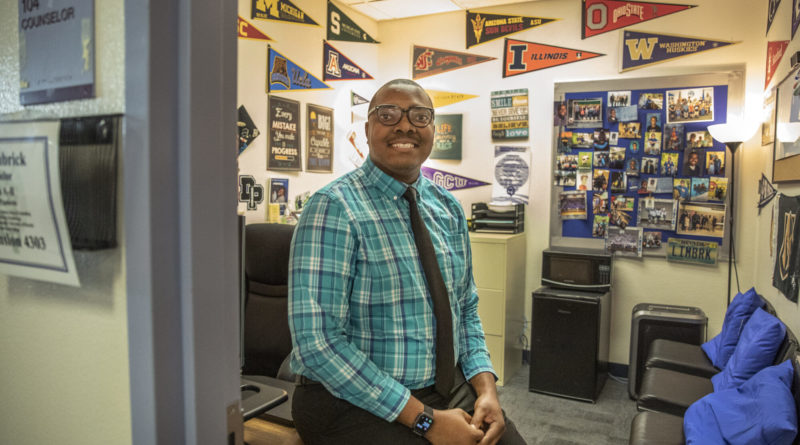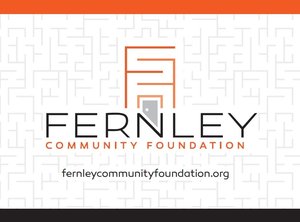Academic gaps, uncertain college start dates among challenges students face amid pandemic
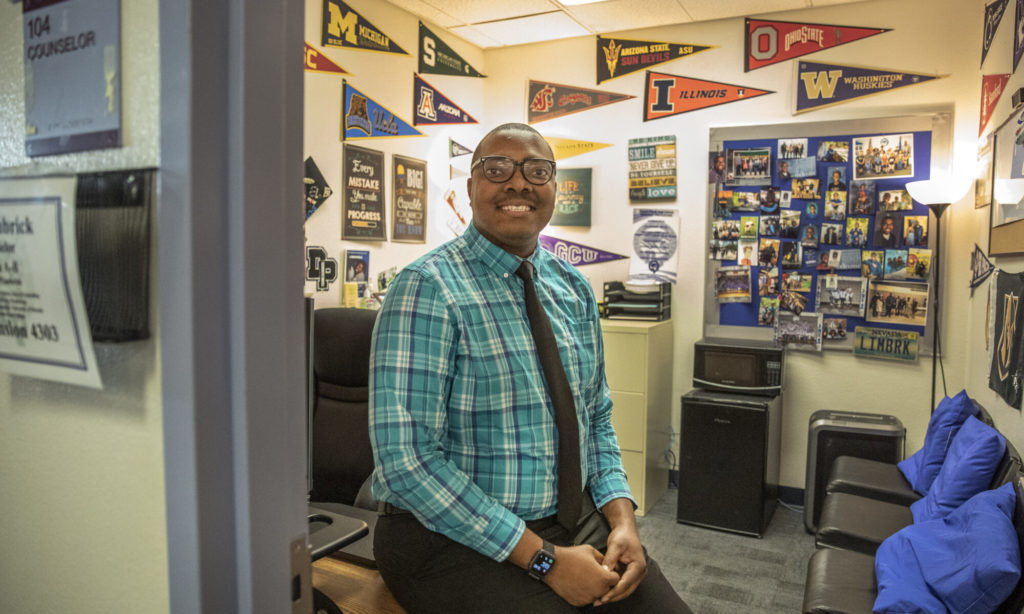
By Tabitha Mueller
https://thenevadaindependent.com
In the first grade, Octavio Muro remembers hearing giggles and feeling a deep sense of shame and embarrassment when he struggled to understand a request from his teacher to introduce himself to his classmates.
Muro, an 18-year-old West Wendover senior, moved to Nevada from Mexico with his mother when he was six years old. Almost 11 years after trying to understand his teacher, he was the first person in his family to graduate from high school.
Graduation was supposed to be a commemoration of navigating a school system in a language that was not his first; a moment recognizing his mother, who encouraged him to stay in school; a chance to celebrate with his group of friends before launching into the next phase of life.
“The hardest thing I think is knowing that we won’t be able to cross the stage the same way we’ve been seeing our past friends rock the stage,” Muro said of the ceremony which was modified to follow social distancing guidelines and limited to two guests per graduate. “The most important thing is getting your diploma, but … your family’s there in front of a crowd, all your success, I feel like walking the stage is a way to show how far you could come without giving up.”
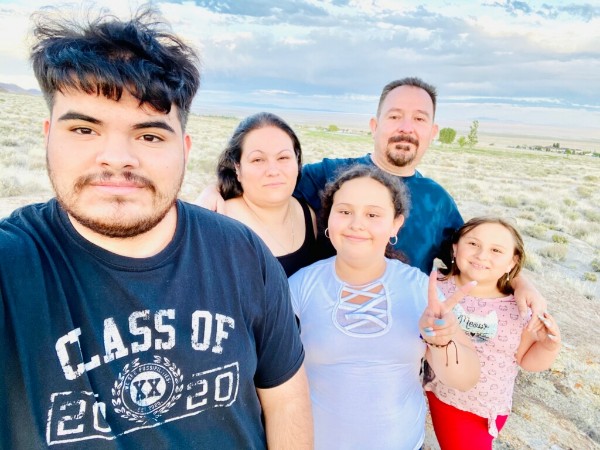
Graduation was the least of Muro’s worries, however. A full-time high school student as well as a full-time customer service employee at The Red Garter Hotel and Casino, Muro has been saving to attend Great Basin Community College in Elko, with plans to transfer to a four-year institution.
A cross country runner, Muro’s goal is to become a coach and athletic trainer, return to West Wendover to coach middle school athletics and help younger children such as his two elementary school-aged siblings find ways to channel energy in a town without many offerings. However, with members of his household out of work because of COVID-19, Muro has had to use some of his savings to pay bills and is unsure when he will be able to attend college.
“I was hoping to apply to go this fall … but without having all the money for all my classes and tuition, maybe once we were up and running again for the casino,” Muro said. “I also don’t want to wait too long ‘cause I do have friends say, like, ‘Oh well you can go to college in a year or two,’ and they don’t end up doing anything… They find it easier just to make money, work full-time, overtime.”
Muro’s predicament is one that families and students across Nevada and the country are facing. Questions about financial feasibility and whether universities will have in-person classes are shaping college decisions, while fallout from COVID-19 forces admissions departments to offer video tours in lieu of in-person visits, increase their presence on social media sites and suspend test requirements or delay decision deadlines.
A survey of roughly 2,000 students enrolled in a U.S. college from the American Council of Education found that about one in five students are uncertain about re-enrolling in the fall. Another survey of 487 prospective students by the Art and Science group showed that 17 percent of the respondents did not think they would end up enrolling full time at a four-year college, with a majority of the group indicating they planned to take a gap year.
Stephen McKellips, the associate vice president for enrollment and student services at UNLV, said that it is too early to tell how the global pandemic will ultimately shape enrollment and testing policies. Still, colleges are adjusting and willing to answer questions.
“I got into this business to help students graduate from college. And I’m not going to let something as silly as a pandemic suddenly decide I’m not doing it anymore,” McKellips said.
McKellips noted that he is getting quite a few ‘tactical questions’ from parents and students about grades and test scores, but reiterated that admissions staff are taking the pandemic into account.
“I’ve had a conversation with a parent who said, ‘now that we’re in this pandemic, my student isn’t turning in their homework like they used to, and you’re going to see that now, you’re going to think he’s lazy,'” he said. “I really just wish people would understand that we know the pandemic is going on … it’s affecting us just as much as it’s affecting you.”
Distance-learning and gap year decisions
The state’s decision to close school buildings and move to distance learning amid the pandemic prompted school policies where students were required to check-in virtually with their teachers, but their grades could not be marked lower than the grade they had heading into online learning. The decision stemmed from a desire not to overwhelm students struggling with emotional stress during the pandemic or penalize students who might not have reliable access to computers and other distance learning tools.
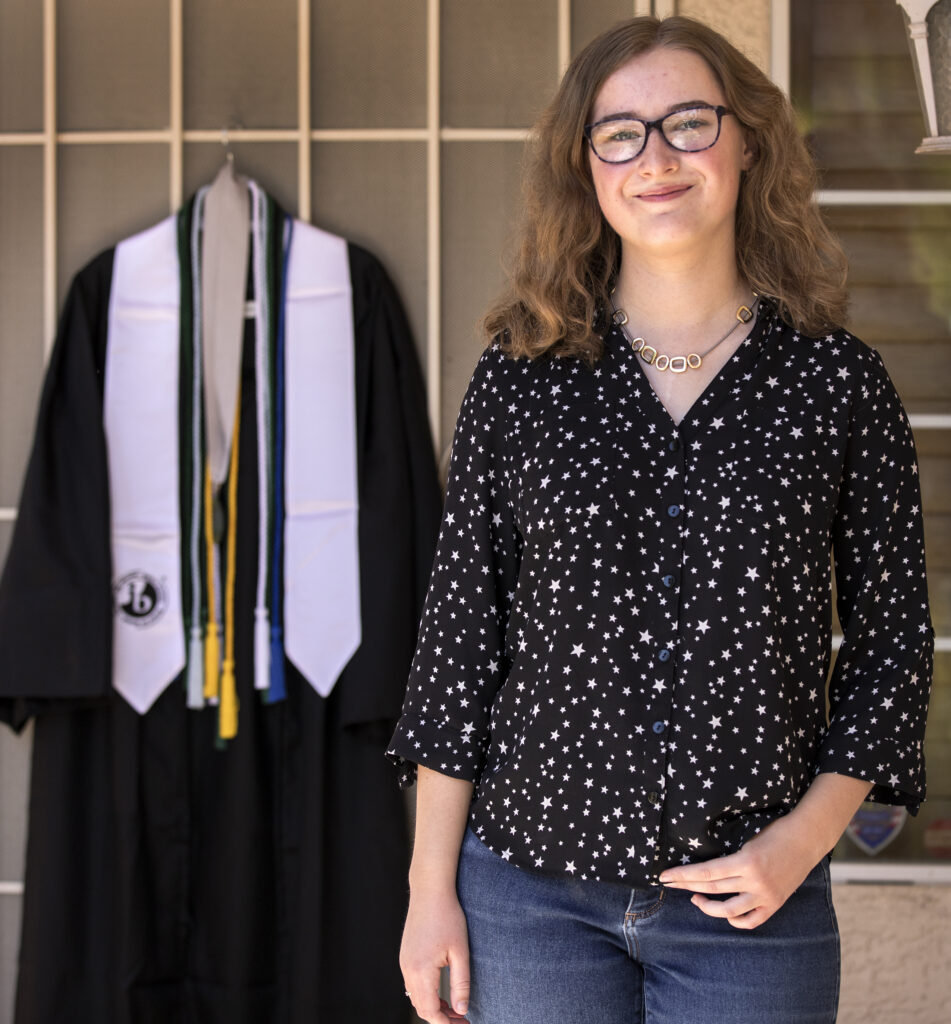
Ainslee Archibald, a recent graduate of Palo Verde High School in Las Vegas, said teachers were doing their best given the guidelines. Still, she acknowledged that there is a stark divide between online and in-person classes — and that there was not much reason to complete work if someone was already doing well in a class.
“Academics have basically disappeared because it isn’t required by CCSD that we participate in classes and it isn’t required that we do the homework,” Archibald said in an interview in mid-May. “So I get on Google Classroom, which is where my teachers had information about our classes … a couple times a week just to check in … Other than that, I’m not doing anything for school right now.”
The move to distance learning was also tricky because Archibald felt less engaged in the classroom and with the material. Set to attend Reed College, a liberal arts college in Portland, Oregon, Archibald is worried about her ability to learn in an online setting and is waiting to see whether the school decides to hold in-person classes in the fall.
“When I found out I was accepted into college, I was really excited because I’ve been working on it for so long, but that’s just completely changed now,” she said. “I am afraid I’d miss out on a big part of the college experience. So even if they do figure out a way to have us on campus, it’s going to be so different because of social distancing.”
The uncertainty surrounding her freshman year experience prompted Archibald to petition Reed College to allow her to take a gap year which is typically a year-long break before college where students pursue educational and developmental opportunities such as work or an internship. She is unsure what the decision will be, but is hopeful that she can work as an intern for a local environmental justice coalition.
“I don’t really know what I want to do yet and the things I’m pursuing for my gap year can hopefully help me understand what I want out of college a lot better than just going to college directly,” she said. “So I’m, in a weird way, glad that I’ve had the chance to step back and think about what I want out of college.”
Sierra Nevada University, located along the shores of Lake Tahoe and the only private liberal arts institution in Nevada, is adjusting to the pandemic in phases. The first six weeks of the semester will take place online, and then in October, students will have five days to move back to campus before resuming in-person classes.
Daniel Kelly, the director of marketing at the university, noted that with a student body of about 500 undergraduate and 500 graduate students, the university has more flexibility than larger institutions. However, the university, similar to other higher education institutions, is also facing financial uncertainty as income sources and charitable donations dry up.
But enrollment is stable, Kelly said, noting that the university has not seen any significant shifts in students requesting gap years. He added that social distancing guidelines and the pandemic makes taking a gap year less than ideal for students hoping to expand their experiences through overseas travel or volunteer opportunities, although remote internships are available.
Steve Maples, director of undergraduate admissions at UNR, said that most of the university’s student body comes from outside of the Reno area including Las Vegas and Northern California, so he is concerned about students deciding to choose universities and colleges closer to home. For now, though, enrollment numbers are “looking strong.”
In adjusting for the coronavirus, UNR waived a $250 enrollment deposit for students experiencing financial uncertainty and moved the decision deadline back one month to June 1.
Most of the questions Maples has been fielding from parents and students are about whether the university will hold in-person classes in the fall.
Maples said that UNR is holding summer sessions online, but is planning to move the sessions back to in-person classes in July, with classes resuming as usual in the fall. He added, however, that UNR is following the governor’s directives and plans could change.
Future uncertainty
At Desert Pines High School in East Las Vegas, Lashaun Limbrick, a high school counselor, said that the pandemic created confusion for many of the students at the school, the majority of which are the first in their family to attend college.
Most of the students he works with are not questioning whether to stay or go to college during the pandemic.
“It’s more of: ‘Will it be in person or will it be remote?’ and then for the students that are moving away, it’s, ‘am I still going to be able to move away?'” Limbrick said.

Limbrick, who grew up in Clark County, was the first in his family to graduate high school and is working toward a Ph.D. He chose to become a high school counselor to help other students and contribute to a community that supported him.
During the pandemic, he has been checking in and connecting with students about how they are doing, answering financial aid questions, discussing recruitment and helping families understand their options.
“Our students are really resilient,” Limbrick said. “We must keep our eye on earning a college degree, graduating from high school … And yes, there’s going to be these hurdles along the way, such as this one that was unexpected … but we’ve got to see the silver lining.”
Limbrick worries about students who rely on bridge programs usually held before school starts and designed to familiarize first generation college students with the college setting and resources available to them. He knows some of the programs are in flux, but is relieved that colleges and universities are working with students and trying to keep transitions as smooth as possible.
Those who remain behind
When Kathy Durham, Muro’s history and government teacher and a West Wendover city councilwoman, hears about students pushing off school for a year, she worries that they will not leave. Many families are already struggling in the wake of layoffs.
“What money they did have that they were going to use to get out of town, that’s been used up to buy food, that was used for gas in the car,” Durham said. “It’s just that self-fulfilling cycle, if you ended up staying for an extra year, and then it gets pushed back more and more.”
Many of Durham’s former students who chose to stay and work at a casino instead of leaving town end up remaining indefinitely. Casinos offer higher pay than many students have earned before, she said, and it is easier to stay than face the uncertainty of accruing debt or not finding better-paying jobs after graduation.
Even though she worries about students who choose to remain behind, Durham said that her greatest fears surround incoming high school students and students in lower grade levels who missed critical instruction time because of the move to online learning.
“Where I’m worried about the learning and the skills are with the ninth graders, the tenth graders, the third grader. There’s a saying in education that from kindergarten to third grade you are learning to read and after that you are reading to learn,” Durham said.
She is also afraid of how potential budget cuts in the fall could affect student well-being, instruction and learning.
“It’s going to be all hands on deck because, like I said, these kids are going to come in behind. They’re going to be all over the map academically,” Durham said. “[Staff] are where the cuts are going to come from. Cut the social worker, cut the counselor, cut this teacher, cut the elective, cut the coach — the very people that our kids feel comfortable talking to will be gone.”

